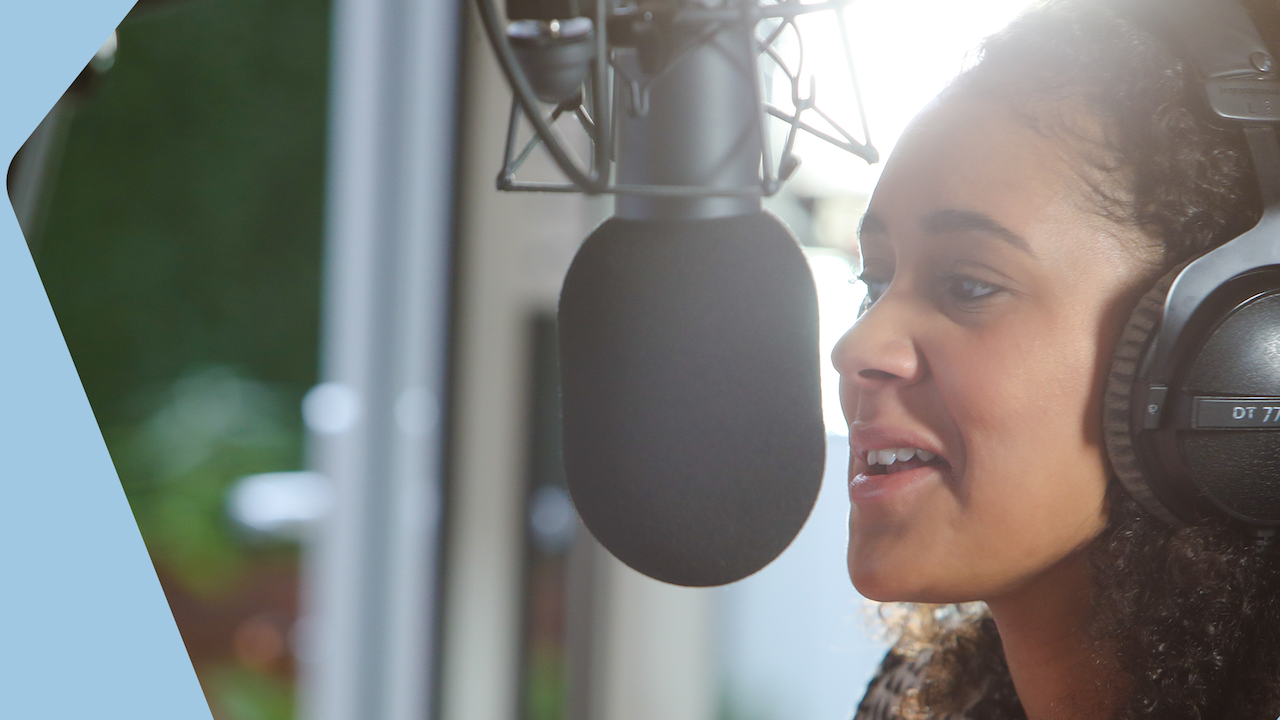Need advice? Let's talk.
Get straightforward guidance from your broadcasting partner. Schedule a call to chat with the team about your radio station.
Book Demo5 Tips For Making A Successful Radio Ad
Grab your listener's attention by making a successful radio ad. Motivate and persuade your audience to take action with powerful words, catchy jingles, and more helpful tips.

Advertisements are a very useful way for radio stations to get funding, but they need to be good to attract future advertisers or sponsors. Grab your listener's attention by making a successful radio ad. Motivate and persuade your audience to take action with powerful words, catchy jingles, and more helpful tips.
1. Attention!
With a radio advert it’s important to draw in your listener's attention in the first few seconds. People tend to phase out during ad breaks by making a cup of tea (may only apply to us Brits!) or having a conversation with a friend.
Take a page from YouTube. Most of their ads are skippable after 5 seconds, but this gives advertisers plenty of time to grab your attention.
Grab your listener's attention with a strong opening line that cuts right to the chase. Either that or a funny story can sometimes work too, just don’t make it too long! Take Pizza Hut's radio ad for example.
2. Who Are Your Audience?
When making a radio advert, it’s important to remember who your ideal listener is. For example, if your typical listener is over 50 then you probably won’t want to be advertising the latest hit single from Drake or Justin Timberlake.
Keep your advertisements targeted towards your audience and what you know about them. This is one reason why research into your listening audience is so important.
3. Less is More
Sometimes, less is more. That can prove effective in radio adverts as well. For example, if your radio advert is a campaign for road safety, you may not even need a voice over until the end. Take the West Sussex fire and rescue service road safety ad from Spirit FM.
It may be more effective to stick to sound design of a car crash followed by a simple few lines giving the campaign website and perhaps an emergency services phone number. Just give it a think, sometimes a long paragraph about the cause or service might not be as effective as you might think.
4. Emotional Response
This doesn’t necessarily mean make everything tug on your listener's heart strings or even go for the shock factor like the driving safety ad. Instead, an emotive voice in your listener's ear can be the key factor for some adverts.
If you can get a voice-over that perfectly captures the emotion of an advert, be it sad, excited or serious, it can help to boost the amount of people that actually listen to your advert. Take Hiscox's happy ad about perseverance.
The happy vibe can make even the grumpiest person hum along! You can get any emotion across, whether that's a happy, angry, fearful, or even sad emotion.
5. Try and Try Again
Don’t be afraid to make mistakes. Your first radio advert may not be the best thing you’ve ever created, but you will improve with practice. Learning different marketing techniques, what emotional response to go after, and learning more about your audience can help you grab their attention.
If you're torn between different ads, try A/B testing. Run two different ads with different themes and messaging. Monitor which ad was more successful and build on that. Alternatively, look to see what others are doing right as mentioned in 5 Easy Steps to Writing a Good Radio Ad.
Can you think of anymore tips that will help broadcasters make successful radio ads? Leave your own tips in the comments. For more helpful guides like these then be sure to join the the newsletter below.



